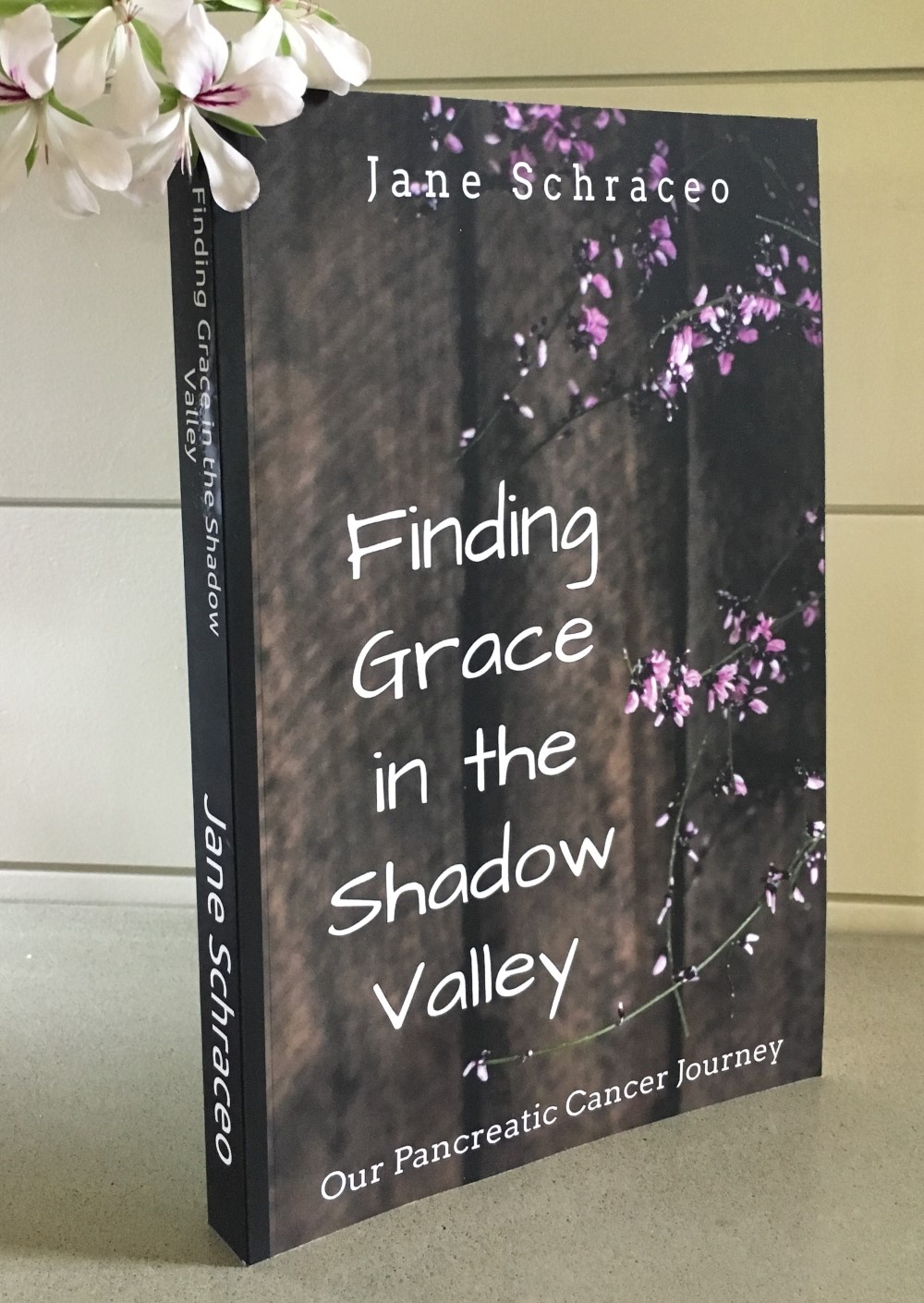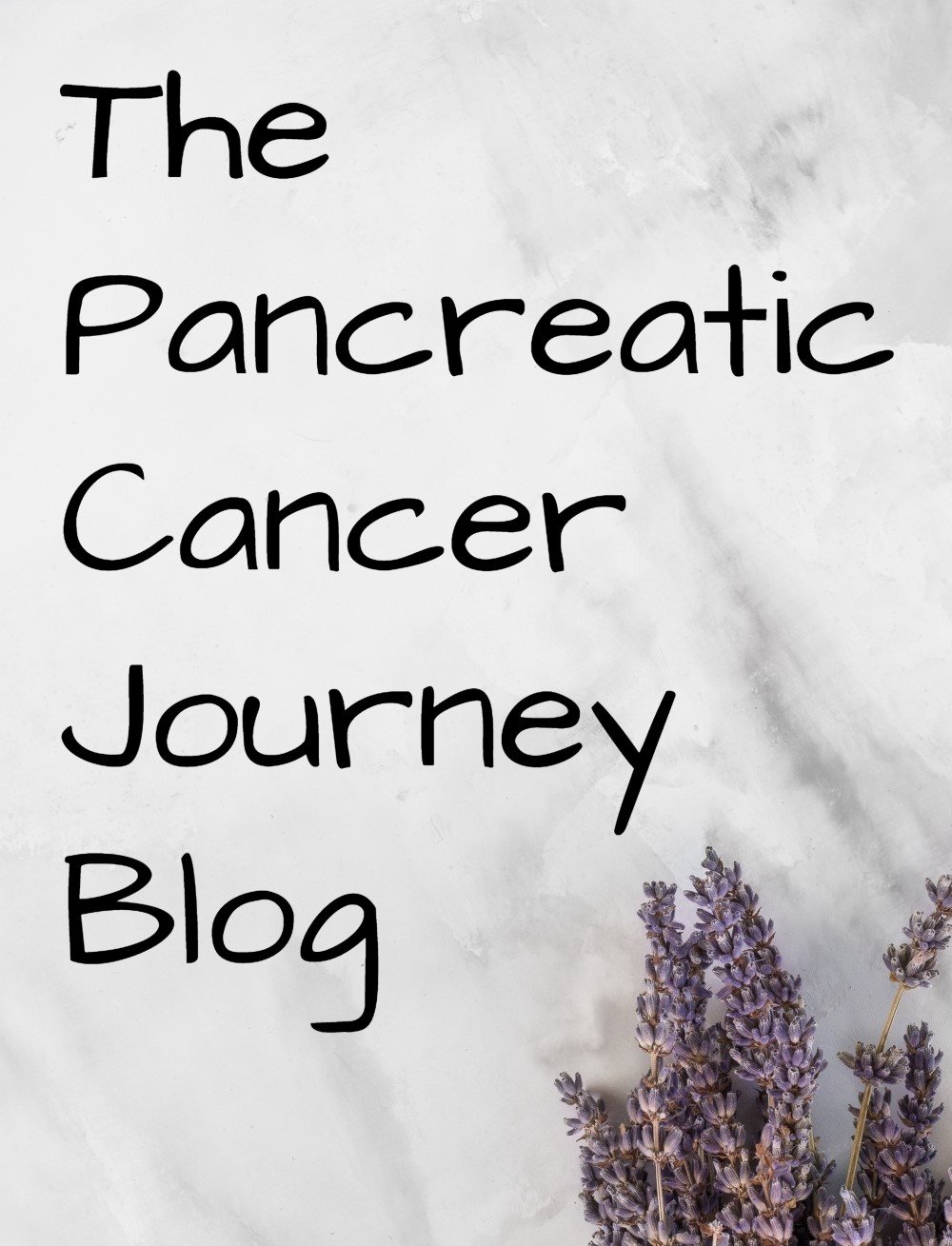The Pancreatic Cancer Diagnosis
You Have Cancer. Words that panic even the most solid among us. It is the Pancreatic Cancer Diagnosis.
No matter where you were or what you were doing, these words change your world irrevocably.
You have Pancreatic Cancer.
You will forever remember the moment as Before and After.
Before I had cancer. And After. Nothing is the same after a pancreatic cancer diagnosis.
It doesn't help to know that over 55,000 Americans will hear that diagnosis this year. It doesn't help to know that it usually develops after the age of 45. And it certainly doesn't help to know that it affects men and women alike. All that matters is that this cancer diagnosis has now become personal.
I have Pancreatic Cancer.
During one of the initial consults with my mom's oncologist, he said that mom was now a part of an exclusive club whether she wanted to be or not.
Club Cancer. Not even funny. And she didn't want any part of it.
So, what exactly is pancreatic cancer? There are many resources available, but so many seem to be written by doctors, for doctors. We wanted someone to explain it in a language we could understand. We finally realized that we were that someone. So click here for our people-friendly version of exactly what pancreatic cancer is.
My mom's pancreatic cancer diagnosis came after months of increasing indigestion, vague feelings of unwellness and a dull, abdominal pain that was beginning to become bothersome.
These are some of the classic pancreatic cancer symptoms. Vague. General. Non-descript. That's what makes diagnosis so difficult in these early stages. The symptoms don't usually warrant deep suspicion. So, initially, symptoms may go unnoticed until the cancer has grown to a point that it is causing more severe problems. By then the cancer is usually advanced.
Researchers are working diligently to find an effective Pancreatic Cancer Test, a test that would detect the pancreatic cancer at its earliest stages. But at this point an effective test is still years away for the general public. For now, we are left with muddling through the typically vague symptoms of the growing pancreatic cancer. And more often than not, a late pancreatic cancer diagnosis.
Mom's symptoms were fairly typical. But she only experienced a few of the common symptoms. Depending on what part of the pancreas the cancer is growing in, the symptoms may vary. Many patients complain of unexplained weight loss, some experience more pronounced bloating and nausea, others diarrhea and jaundice. For a more complete list of symptoms check this article out.
Probably no two pancreatic cancer diagnoses are ever the same. Depending on the severity of the symptoms, and the persistence of the patient, the diagnosis process can be fraught with stress, discouragement and frustration.
There are many excellent websites detailing the process involved.
There are however, few websites that detail the emotional process involved with getting to the pancreatic cancer diagnosis.
I was with my mom and dad during all the visits leading up to the diagnosis. We started with the family doctor who did blood work, an ulcer test and perscribed acid-reducers. As the days flowed into weeks, the symptoms increased and my mother, a retired nurse, took matters into her own hands and called a gastroenterologist for a consult. It took another 4 weeks to get in to see him. By this time, the pain was becoming a constant factor and her skin was turning yellow from jaundice.
The gastroenterologist moved fast once he saw mom, ordering bloodwork, a ct scan, and an endoscopic ultrasound. We all thought it was her gall-bladder. The ultrasound indicated that the common bile duct was blocked. So, now we're thinking, surely it's gallstones.
Within 3 days she was in surgery. But it wasn't gallstones. The doctor came out of the surgery with a grim look on his face. He had found a mass in the pancreas that was pressing on the pancreatic ducts. He had placed temporary stents in her biliary and her pancreatic ducts to keep them open. I think mom knew then, but he didn't use the word cancer and known of us had the guts to ask.
The doctor referred mom to another specialist for a biopsy. It was performed the following week. Mom was clear with the doctor as she was being prepped for the biopsy. She wanted the news given straight, as soon as she was awake and out of the procedure.
So, that is how we heard the words for the first time. Mom was laying in the recovery bed in the outpatient surgery ward. Dad and I were on either side of her bed, when the Doctor came in. He brought ultrasound films with him and pointed to a dark, unidentifiable mass in the middle. He spoke softly but firmly.
It is cancer.
Mom was groggy, and was having trouble focusing. She tried to sit up straighter, Dad and I couldn't move. Couldn't breathe.
CANCER.
That was the moment our world changed in an instant.
We are now living in the Aftermath of our Pancreatic Cancer Diagnosis.
But we are Living. After Cancer.
Follow along on our journey. . . Here with her prognosis and then with her treatment options.
Return to the Home Page from Pancreatic Cancer Diagnosis
Copyright © PancreaticCancerJourney.com
Nothing on this website should be construed
to constitute medical advice.




